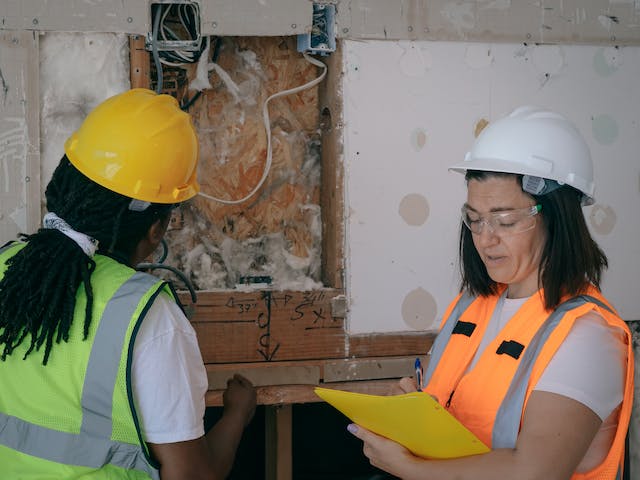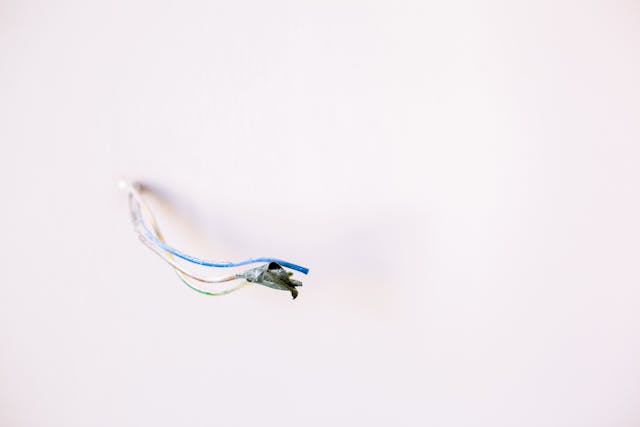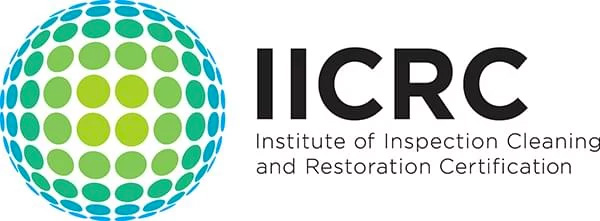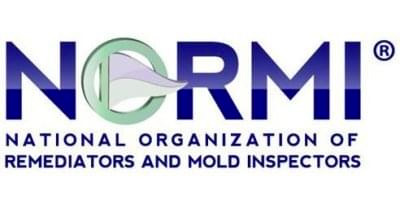How Water Damage Can Impact The Value of Your Home
Have you ever wondered how water damage could silently erode the value of your property? Maintaining the value of your investment is crucial, and water damage is one of the most insidious threats to your property’s worth.
From unseen leaks to catastrophic floods, water damage can lead to costly repairs, inhabitant dissatisfaction, and even long-term structural issues.
In this article, we’ll explore how water damage can significantly impact your property’s value and provide tips on how to prevent it, ensuring your investment remains profitable and attractive.
How Water Damage Can Impact Your Property's Value: Key Impacts To Know
Understanding the full scope of how water damage can impact your property is essential for safeguarding its value and ensuring long-term profitability.
Structural Integrity Issues
Water damage can compromise the very foundation of your property. Over time, even minor leaks can seep into walls, floors, and ceilings, leading to warping, swelling, and weakening of the structural elements.
This can result in sagging floors, cracked walls, and even foundational shifts, all of which can be expensive to repair. For property owners, these structural issues not only diminish the value of the property but also pose safety risks to inhabitants.

Regular inspections and timely repairs are essential to prevent small water problems from turning into major structural concerns that could drastically reduce your property's market value.
Mold and Mildew Proliferation
The development of mold and mildew is one of the most frequent and alarming effects of water damage. Because it grows best in moist areas, mold may swiftly spread and contaminate walls, carpets, and even the air.
For property owners, this not only poses a health risk to inhabitants but also requires costly remediation processes. Mold can cause respiratory problems, allergic reactions, and other health issues, leading to inhabitant dissatisfaction and potential legal liabilities.
The presence of mold can severely devalue your property, making it less attractive to prospective renters and buyers.
Electrical System Hazards
Water and electricity are a dangerous mix, and water damage can create serious electrical hazards in your property. Water seeping into walls and ceilings can reach electrical wiring, causing short circuits, power outages, or even fires.
These electrical issues not only require immediate and often costly repairs but can also pose significant safety risks to people living on the property. As a property owner, ensuring that your property's electrical system is protected from water damage is crucial to maintaining its value and ensuring personal safety.

Regular inspections and waterproofing measures can help prevent electrical damage and avoid expensive repairs or legal complications.
Plumbing Problems and Complications
Water damage often points to underlying plumbing issues that can go unnoticed until significant damage occurs. Leaking pipes, faulty water heaters, or clogged drains can cause water to pool in unwanted areas, leading to damage to walls, floors, and ceilings.
These plumbing problems not only require immediate attention but can also lead to more extensive repairs if left unaddressed. For property owners, neglecting plumbing issues can result in costly water damage and a decrease in property value.
Regular maintenance and prompt repairs are key to preventing plumbing-related water damage and ensuring your rental property remains in top condition.
Aesthetic Degradation
Water damage can significantly impact the aesthetic appeal of your property. Stains on ceilings, peeling paint, warped flooring, and damp odors can all make your property look unattractive and poorly maintained. These visual signs of water damage not only turn off potential people but also lower the perceived value of your property.
As a property owner, maintaining the appearance of your rental is crucial for home value. Addressing water damage quickly and effectively ensures that your property remains appealing, thereby protecting its value and keeping it competitive in the rental market.
How to Avoid Water Damage
Property owner can take several proactive steps to avoid water damage:

- Regular Inspections: Conduct routine inspections of the property, focusing on areas prone to water damage, such as the roof, gutters, plumbing, and basements. Early detection of potential issues can prevent more extensive damage.
- Proper Maintenance: Ensure that the property’s plumbing, roofing, and drainage systems are well-maintained. Repair leaks, cracks, or any other issues promptly to prevent water from seeping into walls, floors, or ceilings.
- Install Water Sensors: Consider installing water leak detectors or sensors in vulnerable areas like bathrooms, kitchens, and basements. These devices can alert you to leaks before they cause significant damage.
- Waterproofing: Apply waterproofing sealants to basements, foundations, and exterior walls to protect against water infiltration. This can be especially important in areas prone to heavy rainfall or flooding.
- Proper Grading: Make sure the land slopes away from the foundation on all sides of the property. Water can be directed away from the building with proper grading, lowering the possibility of water collecting close to the foundation.
- Sump Pump Installation: Installing a sump pump in the basement can help drain excess water and prevent floods if the house is located in a high-risk location for flooding.
- Roof Maintenance: Regularly inspect and maintain the roof to ensure it is in good condition. Replace missing or damaged shingles and repair any leaks to prevent water from entering the property.

- Seasonal Preparations: Before winter, make sure pipes are insulated to prevent freezing and bursting. During rainy seasons, double-check that all drainage systems are functioning properly.
By taking these preventative measures, property owners can minimize the risk of water damage, protect their property’s value, and ensure a safe living environment for its inhabitants.
Bottom Line
Protecting your property's value from water damage is crucial for maintaining its appeal and ensuring long-term profitability. By understanding the potential impacts, such as structural issues, mold growth, and electrical hazards, you can take proactive steps to prevent costly damage.
However, managing these responsibilities can be challenging, especially if you have multiple properties. That's where a professional property management company like Markham Services can make all the difference.


